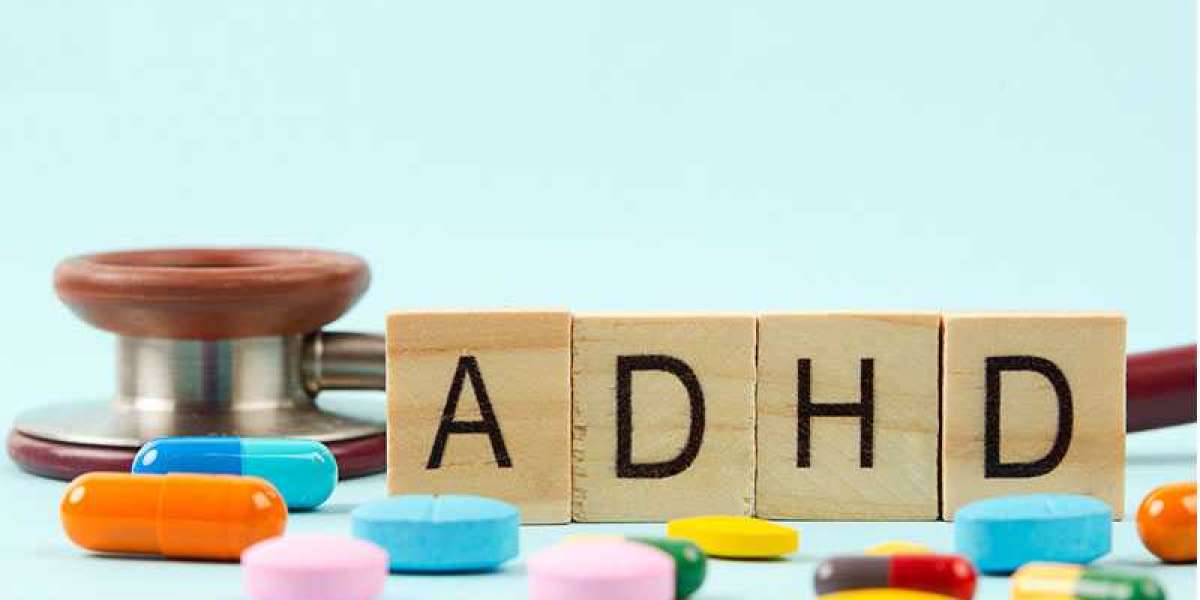The common neurodevelopmental disorder known as Attention Deficit Hyperactivity Disorder (ADHD) is defined by recurrent patterns of hyperactivity, impulsivity, and inattention that can have a major negative influence on day-to-day functioning and quality of life. Despite being widely prevalent and having a solid scientific foundation, ADHD is sometimes misdiagnosed, which contributes to stigmatization. This extensive blog will cover the real struggles that people with ADHD encounter, dispel common misconceptions about the disorder, and go over evidence-based management and support techniques.
Describe ADHD
ADHD is more than just a behavioral problem; it is accompanied by underlying neurobiological abnormalities in the structure and function of the brain, especially in the areas that are in charge of executive functions like impulse control, self-control, and concentration. Three primary presentations of ADHD are identified: mixed, hyperactive-impulsive, and mainly inattentive. ADHD sufferers may have trouble focusing, planning activities, scheduling, controlling impulses, and managing time, which can cause problems in social, professional, and academic contexts.
Busting Myths
In order to foster empathy and understanding, it is imperative that misconceptions around ADHD be addressed:
Myth:
A lack of discipline or poor parenting is the cause of ADHD.
Fact: Genetic, environmental, and neurological variables all play a role in the complex neurodevelopmental condition known as ADHD. It has nothing to do with upbringing or parental abilities.
Myth:
There is no need for medication because ADHD is overdiagnosed.
Reality: A thorough evaluation by medical professionals is necessary to diagnose ADHD. Behavioral therapy and medication together can be useful in controlling symptoms and enhancing functioning.
Myth:
People outgrow ADHD as a childhood disorder.
Reality:
Although ADHD symptoms typically appear in childhood, they can also last throughout adolescence and maturity, posing continuous challenges and necessitating lifetime care.
ADHD's challenges
There are many difficulties associated with having ADHD that might affect different facets of life:
Academic Challenges: Students with ADHD may face challenges focusing in class, finishing homework, and maintaining organization, which can result in academic underachievement and dissatisfaction.
Social Interactions:
Relationships may suffer from impulsivity and hyperactivity. ADHD sufferers may find it difficult to take turns, interrupt other people, or control their emotions in social situations.
Emotional Regulation:
A typical feature of ADHD is emotional dysregulation, which leads to mood swings, impatience, and trouble controlling stress and irritation.
Successful Strategies for Support
Providing complete and tailored support to people with ADHD is necessary:
Early Intervention:
To reduce the negative effects of ADHD on development, early identification and treatment are crucial. Individuals can enhance their self-management and acquire coping mechanisms with the aid of behavioral therapy, educational accommodations, and parent education initiatives.
Medication Management:
To treat the symptoms of ADHD, doctors may administer stimulants (such methylphenidate and amphetamines) or non-stimulants (like atomoxetine). Medication needs to be closely watched and modified in accordance with each person's needs.
Behavioral Interventions:
Organizational coaching, social skills training, and cognitive-behavioral therapy (CBT) can impart techniques for controlling impulsivity, boosting interpersonal skills, and bettering time management.
Lifestyle Adjustments:
Promoting consistent exercise, a healthy diet, and enough sleep can enhance general wellbeing and assist in the management of symptoms associated with ADHD.
Managing Everyday Life while ADHD
Along with social and academic difficulties, people with ADHD may also struggle with:
Time management: Procrastination and trouble meeting deadlines can result from poor time estimation and work prioritization.
Organization:
It might be tough to remember obligations and possessions when there is forgetfulness or difficulty keeping things in order.
Impulsivity:
Impulsive actions can lead to relationship problems, financial hardship, and risk-taking.
Helping Adult ADHD Patients
Although ADHD in children receives a lot of attention, helping adults with ADHD is just as crucial:
Workplace Amenities:
Offering workplace amenities like task reminders, flexible scheduling, and clear instructions can improve output and job happiness.
Relationship Support:
Adults with ADHD who need assistance navigating interpersonal dynamics and fortifying their bonds can benefit from relationship skills training and counseling.
Self-Care Techniques:
Stress reduction, mindfulness, and fun activities are examples of self-care techniques that can be encouraged to enhance emotional well-being.
The Value of Comprehensive Help
Adequate treatment of ADHD necessitates a comprehensive strategy that takes into account each person's unique abilities and limitations. We can create a supportive atmosphere where people with ADHD can thrive and realize their full potential by increasing awareness, advocating for early intervention, and cultivating acceptance and understanding. Fighting stigma, promoting ADHD awareness, and enabling people with ADHD to get all-encompassing treatment and services are critical.
In conclusion,
Thorough assistance and knowledge are necessary for managing ADHD, a complicated neurodevelopmental condition. Through debunking misconceptions, recognizing obstacles, and putting evidence-based tactics into practice, we may advance inclusivity and enhance the quality of life for those with ADHD. Let's not stop promoting awareness of ADHD, funding research initiatives, and giving individuals with ADHD the compassionate and efficient treatment they need. By working together, we can build an inclusive, enlightened, and supportive society for all those affected by ADHD.



